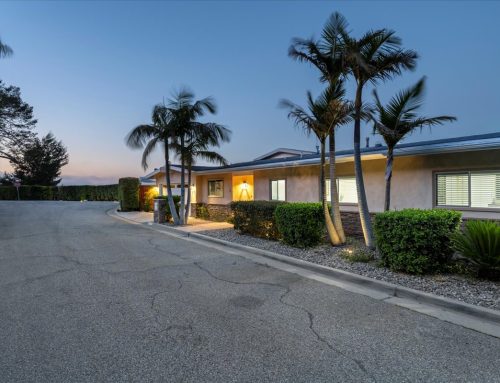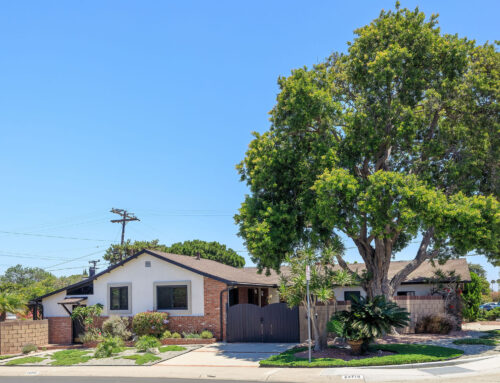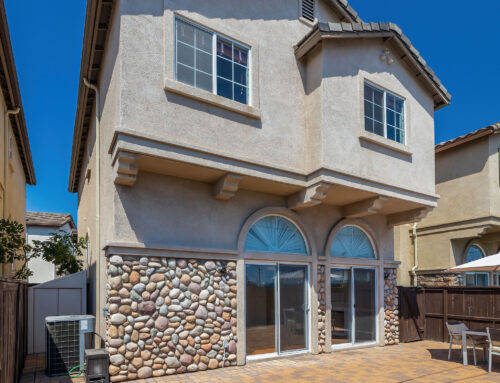Buying a house in 2017 will feel kind of like you’ve jumped onto the subway just as the doors were closing. Your heart’s pounding and you’re winded from the race, but you made it—just in time.
OK, so maybe that’s a little exaggerated. But here’s the thing: Interest rates have begun to rise and will likely climb higher. Inventory is low and could shrink more. And home prices? Well, home prices are increasing—and they’re not predicted to fall any time soon.
If you don’t jump aboard the real estate train now, you might be too late.
“It’s tough to buy a home today in most places in the country because there are so few homes for sale,” says Jonathan Smoke, chief economist for realtor.com®. “But if you wait to buy, then you’re gambling that the market will be better for you to purchase in the future.”
And that’s not a smart gamble, our real estate experts say. If you’ve been toying with the idea of buying, or you anticipate a life change that might force you to move—such as a new baby or a job transfer—you should be “buying as urgently and as soon as possible,” Smoke says.
So finish reading this, then start looking for a house. Here’s why.
1. Rates are rising
In 1981, when mortgage rates hit 18% and seemed to rise every day, single-digit rates seemed like an impossible dream.
Last August, however, rates on 30-year mortgages bottomed out at 3.55%. Now that the Federal Reserve finally decided to raise its key interest rate, mortgage rates have been climbing slowly. Today, the average rate is just above 4%; by 2019 or 2020, rates could easily climb to 6%.
“All signs point to this trend continuing,” says Richard DeNapoli, managing director for Coral Gables Trust and a former Florida real estate commissioner.
Before you freak out, take heart: Rising rates aren’t necessarily a deal breaker for buyers. The National Association of Realtors® calculated that a rise from 4.2% to 5% would increase average monthly mortgage payments by $90—not nothing, but not a catastrophe, either. And if you take the long view, those higher rates are still historically low.
“For buyers there still is opportunity,” says Danielle Hale, managing director of housing research for the NAR. “For those who are still able to get into the market, these low rates continue to be helpful.”
Another upside: When rates go up, competition and prices often go down.
“I’d tell buyers not to panic, because higher mortgage rates eventually cause sellers to be more flexible on pricing,” DeNapoli says.







Leave A Comment
You must be logged in to post a comment.